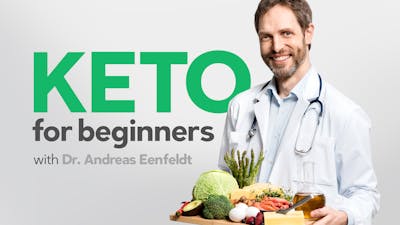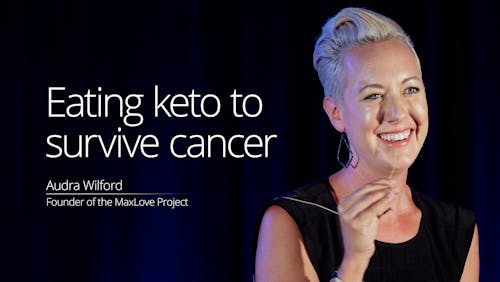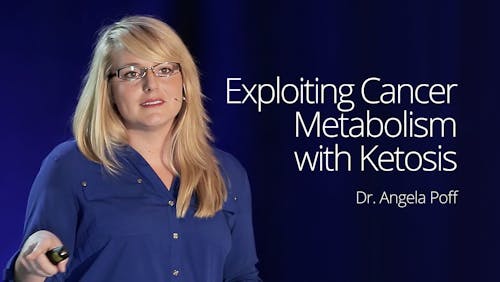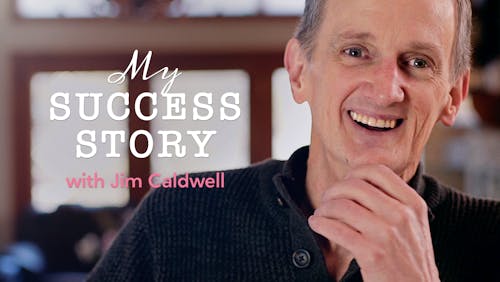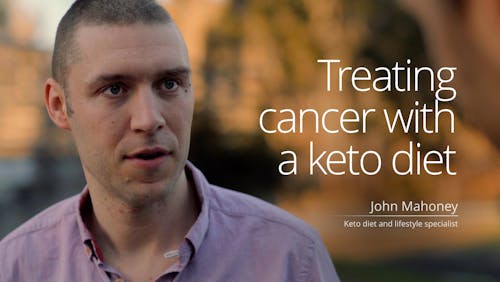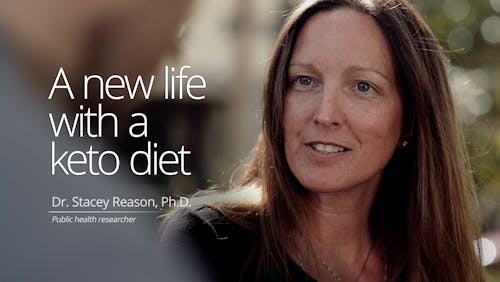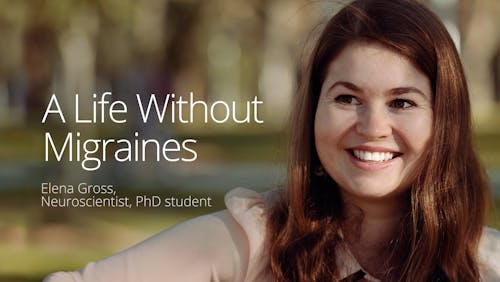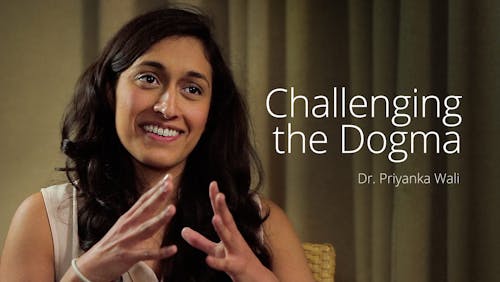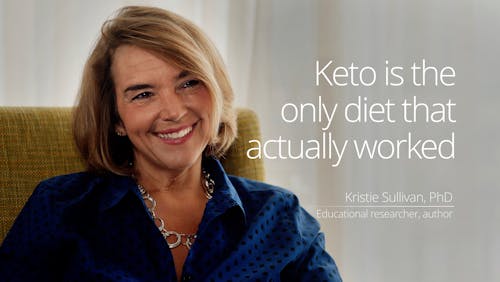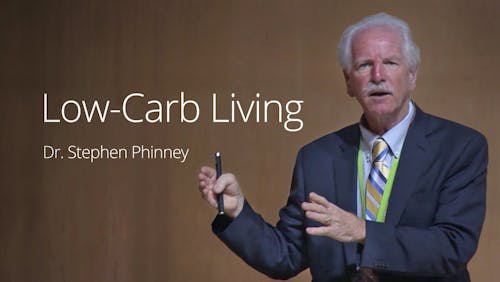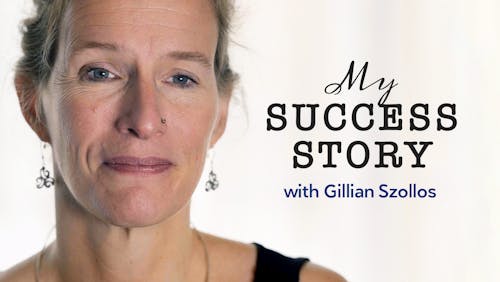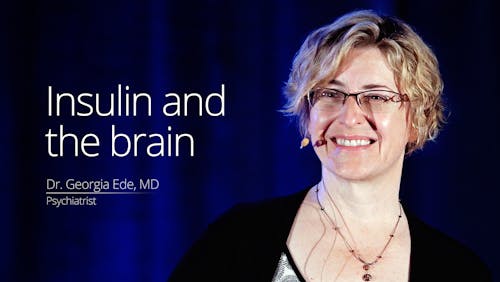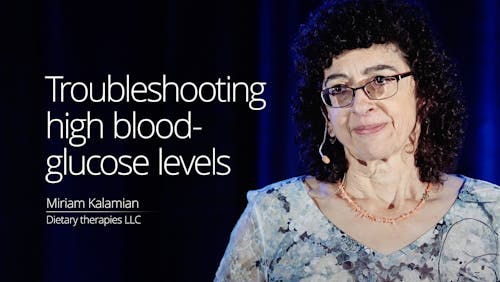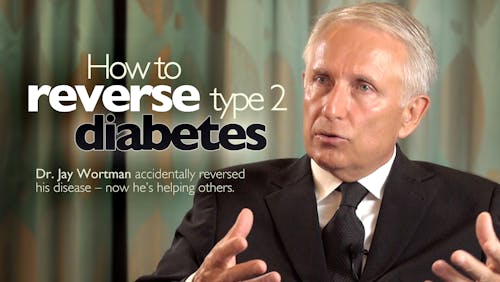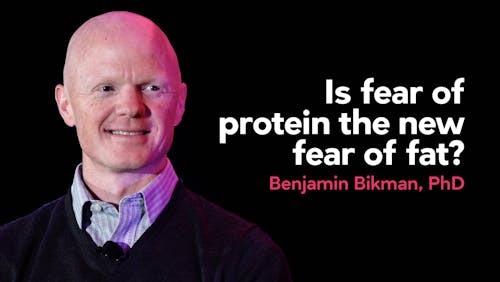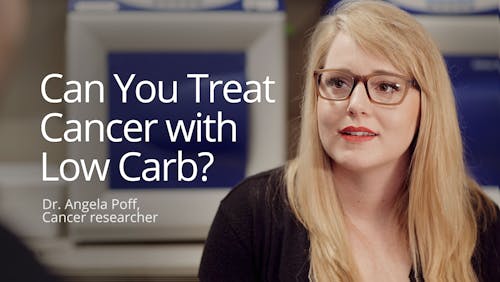Why you’re not in ketosis
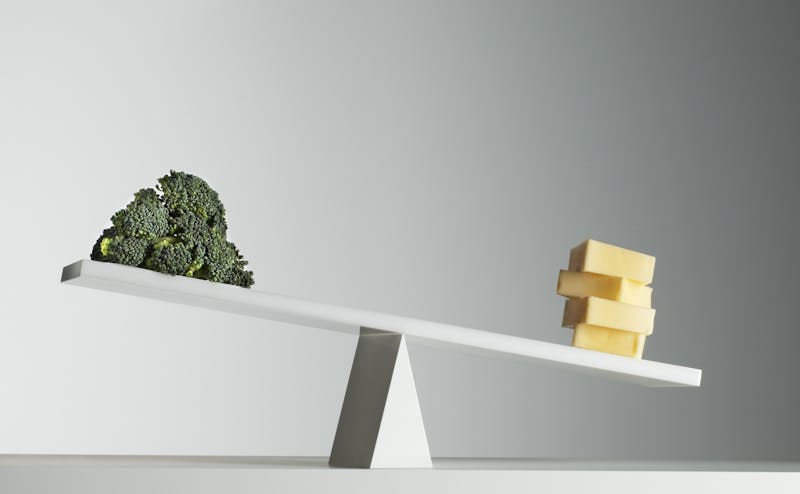
Am I still in ketosis?
To get into ketosis, the most important thing is to eat maximum 20 grams of digestible carbs per day. When I went low carb in 2012, I followed that advice to the letter – replacing all high-carb foods like potatoes, bread, rice, pasta, legumes, fruit, juice, soda, and candy, with eggs, dairy, meat, vegetables, fats and berries – counting every carb I consumed.
I felt great – effortless weight loss, no stomach issues, tons of energy and inspiration.
But over time, something changed – I no longer felt as great as I used to. Until recently, I had no idea why.
The journey to find out started with a simple question: Am I still in ketosis?
The moment of truth
At a Diet Doctor dinner a while ago, our CTO, Johan, gently challenged me. “Bjarte, you’re eating quite a lot of protein. Have you measured your ketones lately?”.
“No”, I said, feeling slightly defensive, “I’ve never measured my ketones. Should I?”.
I heard too much protein could prevent ketosis, but I was skeptical as the science doesn’t seem to support that. It was time to test.
Johan and I grabbed two blood-ketone meters from a dusty drawer, pricked a finger each, and touched the ketone strips. His results came out first – 3.0 mmol/L – definitely in ketosis. He looked happy.
It was my turn. The ketone meter made a weird beeping sound and the screen started blinking – 0.0 mmol/L – no ketosis whatsoever.
What?! I’d been eating strict low carb for years, how could I not be in ketosis? I felt slightly embarrassed, but mainly relieved. Was this the reason I no longer felt great?
Experiment 1: Eating less than 60 grams of protein a day
Several of my colleagues agreed with Johan – I was eating too much protein. To test that hypothesis, I started a 10-day-protein-reduction experiment in April, eating a maximum of 60 grams of protein a day (down from around 80-120). This sucked, as I love eggs, cheese and meat.
What I ate
Here’s an example of what I ate in a day during the experiment:
– Lots of broccoli
– Lots of spinach
– A fair bit of of cream
– A fair bit of butter and olive oil
– About 150 grams of ground beef (27 grams of protein)
– 2 eggs (13 grams of protein)
– A few raspberries
– A few squares of 86% chocolate
– A few brazil nuts
– 2 cups of coffee
Around 40-45 grams of protein, mainly from meat and eggs.
The results
Having eaten strictly low carb AND low protein for ten days, I pricked my middle finger and put my blood on the keto strip.
Beeeeep! The screen was blinking – 0.0 mmol/L. Nothing. No ketosis whatsoever.
My colleagues and I had been wrong – too much protein wasn’t the culprit.
Experiment 2: Eating less than 20 grams of carbs a day
It was time to test my carb intake – was I really eating less than 20 grams a day?
The experiment:
– eat a maximum of 20 grams of carbs a day for a week,
– keep my protein intake at maximum 60 grams a day,
– only make food at home,
– count carbs properly by weighing everything I eat and drink, and calculate my daily digestible-carb intake using Diet Doctor’s visual low-carb guides,
– document everything.
I was ready – the carb-counting could begin.
How many carbs was I eating?
Day one was my calibration day. Eating more or less like I had done lately, how many carbs would that add up to? I was in for a surprise.What I ate on day one:
– 400 grams of broccoli (16 g carbs)
– 200 grams of cream (6 carbs)
– 150 grams bacon (1.5 g carbs)
– 4 eggs (2 g carbs)
– 150 grams of spinach (1.5 g carbs)
– 5 raspberries (1 g carbs)
– 1 square (1 cm x 1 cm) of 86% chocolate (1 g carb)
– 4 brazil nuts (0.5 g carbs)
– 75 grams of butter (0.5 g carbs)
– 2 cups of coffee (0 g carbs)
30 grams of digestible carbs, 50% more than recommended.
I couldn’t believe my own stupidity. This must be the reason I’m not in ketosis, I thought.
Eating less than 20 grams
For the next three days, I ate less than 20 grams of carbs by reducing my vegetable and cream intake, still keeping my protein intake below 60 grams.
Here’s what I ate on April 21st – the day before I was going to measure my ketones again:
– 100 grams of cream (3 g carbs)
– 60 grams of tomato sauce (2 g carbs)
– 150 grams of butter (1.5 g carbs)
– 2 eggs (1 g carbs)
– 100 grams of spinach (1 g carbs)
– 5 raspberries (1 g carb)
– 1 square (1 cm x 1 cm) of 86% chocolate (1 g carbs)
– 4 brazil nuts (0.5 g carbs)
– 200 grams of ground beef (0 g carbs)
– 2 cups of coffee = 0 g carbs
= 11 grams of digestible carbs.
Game on.
D-Day
On April the 22nd, at 07:52 am, I pricked my finger, touched the ketone strip, and waited. It was now or never.
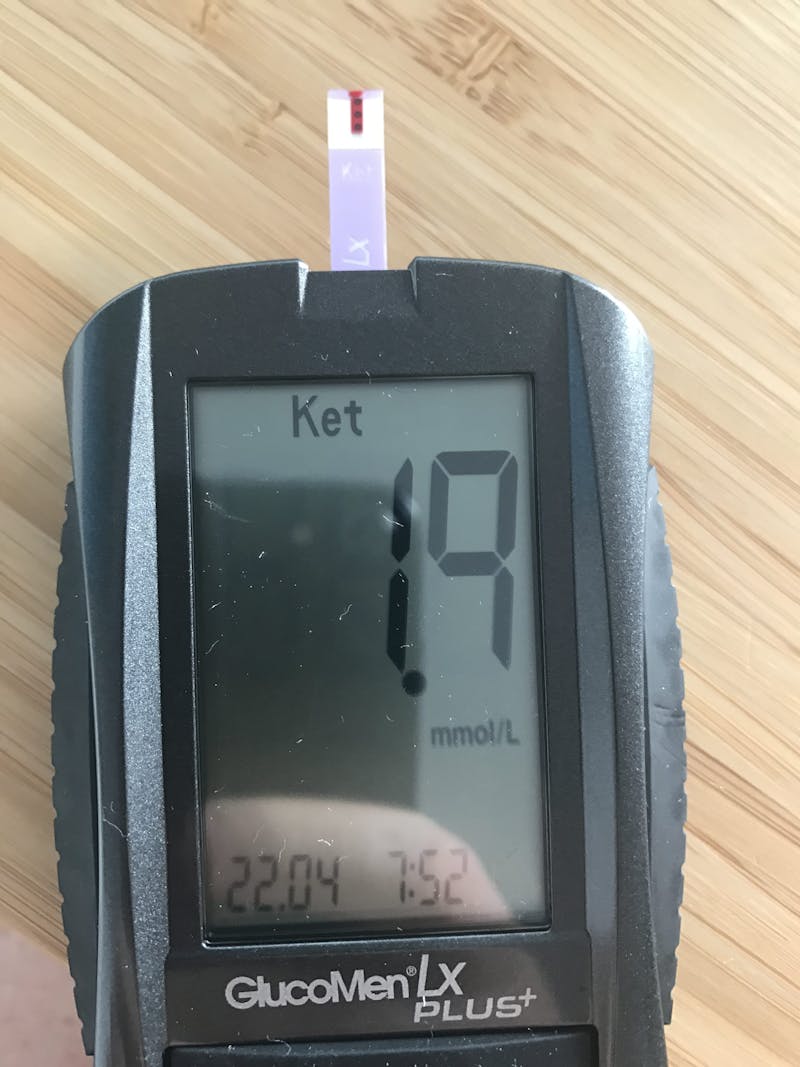
YES!
For the last two days I’d felt the typical symptoms of getting into ketosis, dry mouth and increased thirst for example. But, getting the confirmation felt great – blood doesn’t lie.
I continued to eat like this for about a week. Every morning, as soon as I woke up, I would measure my ketones, and every morning I would be in ketosis.
It had been the carbs all along.
Count the carbs
I’ve been in ketosis for a few weeks now and it feels great. I’m delighted to be back.Do you want to stay in ketosis? Then count your carbs – at least every now and then.
The first principle is that you must not fool yourself – and you are the easiest person to fool.
Next
The above is the first of a 3-part blog series. Here’s the next one: How much protein can you eat in ketosis?
More
Ready to lose the weight for good?
Our new 10-week program helps you lose weight in a healthy and sustainable way.
Sign up now!